Ivory Coast Cracks Down on Protests as Presidential Vote Nears
- by Editor
- Oct 18, 2025
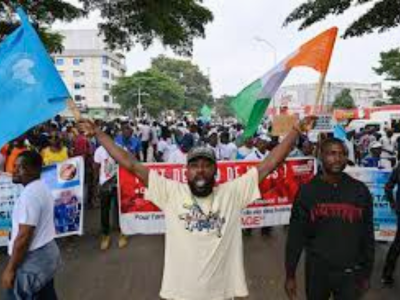
Credit:
The government of Ivory Coast has announced a two-month suspension of political rallies and demonstrations, intensifying restrictions on opposition activity just days before the October 25 presidential election.
The ban, declared late Friday by the interior and defense ministries, applies nationwide but exempts the five officially approved presidential candidates. It comes in the wake of mass protests in Abidjan last weekend, where security forces dispersed demonstrators, and amid reports of road and school blockades across several regions.
Authorities have arrested more than 700 people over the past week, with 26 sentenced to three years for public order violations. Another 105 individuals are expected to face trial next week.
Opposition parties—including Laurent Gbagbo’s African Peoples’ Party – Ivory Coast (PPA-CI) and Tidjane Thiam’s Democratic Party of Ivory Coast—have condemned President Alassane Ouattara’s bid for a fourth term, accusing the government of suppressing dissent. Both Gbagbo, a former president, and Thiam, a former finance minister, were barred from contesting, fueling allegations of electoral manipulation.
Amnesty International criticized the crackdown, calling it “repression” and urging authorities to respect the right to peaceful assembly.
Justice Minister Sansan Kambile defended the ban, citing national security concerns in a volatile pre-election climate. He referenced phone data allegedly showing calls for attacks on state institutions, which prosecutor Oumar Braman Kone labeled “acts of terrorism.”
President Ouattara, who has held office since 2010, faces four challengers, including former minister Jean-Louis Billon and ex-first lady Simone Gbagbo. With polls indicating a closely contested race, the protest ban has deepened political divisions in a country still scarred by the 2010–2011 post-election crisis that claimed 3,000 lives.
Analysts warn that the restrictions could inflame public sentiment, particularly among youth, in a nation grappling with economic inequality despite a 7% growth rate. As election day approaches, the ban poses a critical test of Ivory Coast’s democratic resilience, with opposition leaders pledging peaceful resistance and authorities bracing for potential unrest.


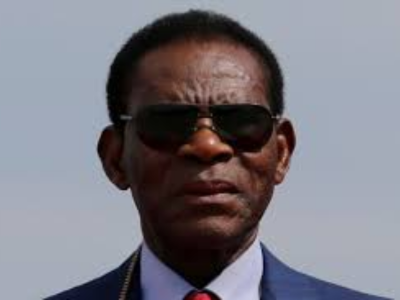
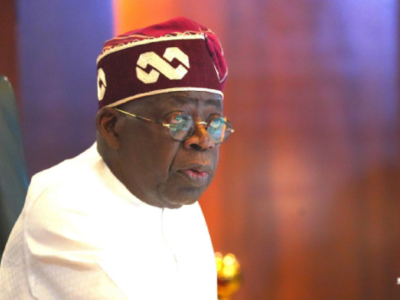
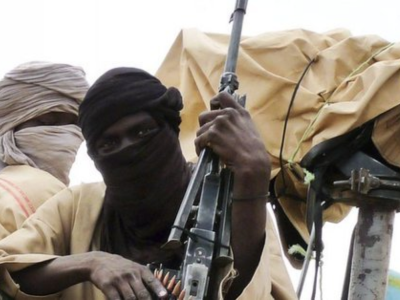

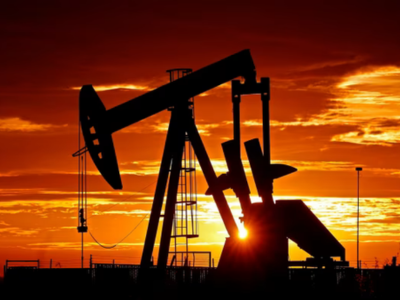



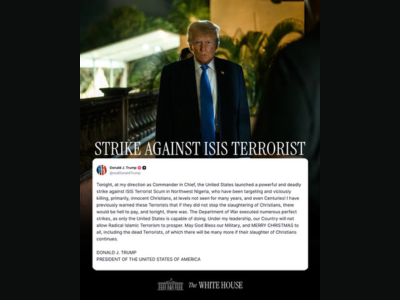

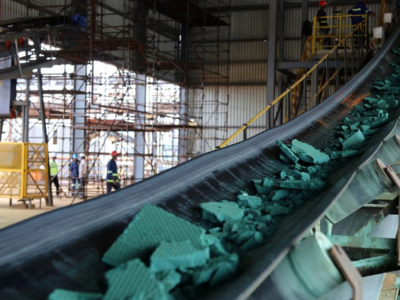
0 Comment(s)